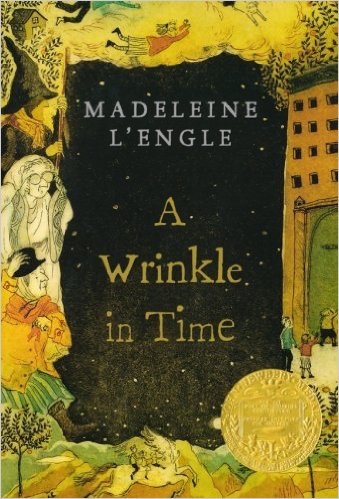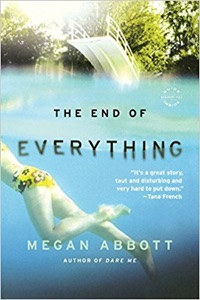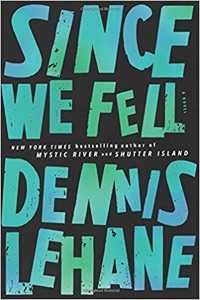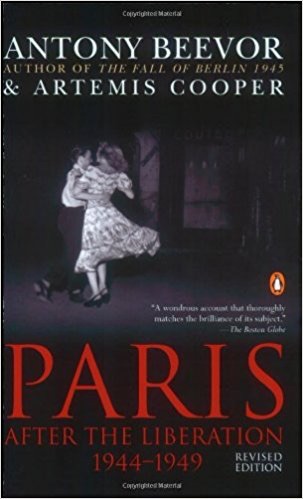To my colleagues in the Hypertext, Social Media, and Web Science Research Communities
A few days ago, a kid killed 17 people in a Florida school.
A number of surviving classmates spoke forcefully about the need for sensible gun laws. The right-wing loons, now so influential, denounced them and invented a story: the eloquent survivors, they said, were actually actors, outside agitators recruited and paid by George Soros. (This means, for those in the know, that they’re part of the international Jewish conspiracy.) Within hours, a YouTube video of this fantasy, heavily promoted by bot farms and right-wing punditry, was trending on Facebook. It became the top-viewed video before it was pulled.
Does our research make this possible? Every year, we embrace papers on automated sentiment detection. That research informs social media platforms, and it equally informs the exploitation of those platforms by liars and trolls, some of whose staffing and funding dwarfs the research budgets of even our best-funded investigators.
Our we making tools for Nazis? For years, the common wisdom, endlessly repeated, held that the Internet routes around outages. This clearly is untrue: many countries effectively censor the Internet. Nonetheless, any call for steps to rein in resurgent Internet fascism or to make trolls responsible for their actions is immediately met with the objection that these steps might also limit access by marginalized voices. If we don’t meet the threat from Internet fascism , then victorious Internet fascism will have its own solution for marginalized voices.
The other firehose. Much research focuses on analysis of big data from big social platforms, scanning automatically to detect particularly interesting expressions or to measure interesting sentiments. Could that research be use for nefarious purposes?
- To identify Twitter users who most profitably could be harassed or intimidated into promoting a cause?
- To identify Facebook users who are secretly members of a target group? For example, to identify young women who are likely to seek an abortion next month? To compile a list of closeted gay people of Jewish descent? To locate immigrant families who are vulnerable to ICE?
- To create simulacra and personae that appear to be citizens and voters, and to use those constructs to sway opinion or to pressure businesses, universities, charities, or government agencies?
We should take a moment to reflect on the lessons of Cable Street. Right wing extremism has discovered a technique to move the Overton window at its whim. The scientific community should slam that window now; if we wait, the right may push us through it.
Our community may share some responsibility for making the St. Petersburg troll farm possible and successful. Moving forward, I suggest we consider these concerns when evaluating papers and planning new research.




